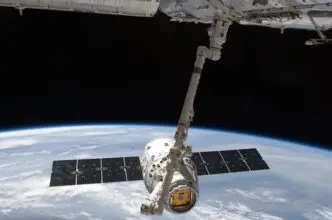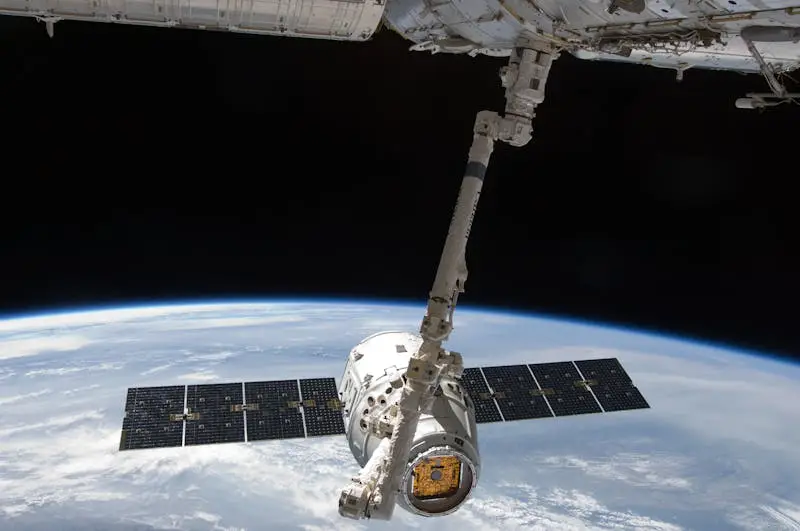Elon Musk Proposes Early Retirement for International Space Station
In a bold move that has set the space community abuzz, SpaceX founder and tech billionaire Elon Musk recently proposed an early retirement for the International Space Station (ISS). Musk suggested that the space station, which has been orbiting the Earth since 1998, should be “deorbited as soon as possible,” ideally within the next two years. He stated that the ISS has “served its purpose” and that resources would be better used focusing on Mars exploration.
Musk’s comments have sparked a flurry of reactions, ranging from astonishment to skepticism, with some in the space community questioning the feasibility and wisdom of such an abrupt end to the ISS. However, the SpaceX CEO’s proposal seems to be based on his company’s ambitious plans to push further into the cosmos and establish a human colony on Mars.
Reorienting Focus on Mars Exploration
Musk’s belief in the need for early retirement of the ISS aligns with his long-term vision of making humans a multi-planetary species. SpaceX has been making strides towards this goal with its Starship spacecraft, which it plans to use for missions to Mars. The company has already been testing prototypes, and Musk has stated his intention to send the first crewed mission to the Red Planet within this decade.
“We need to focus our resources on bigger goals,” Musk said. “The ISS has been critical for space exploration, but it’s time to move on. I believe we should put our energy and resources towards the next frontier: Mars.”
The SpaceX CEO has long advocated for the colonization of Mars as a “backup plan” for humanity, in case Earth becomes uninhabitable due to natural or man-made disasters. His company has been at the forefront of private space exploration, with several successful missions to the ISS under its belt, including the recent Crew Dragon missions that have returned human spaceflight capabilities to the United States.
Implications for the International Space Station
The ISS, a joint venture between NASA, Roscosmos (Russia’s space agency), the European Space Agency, the Japanese Aerospace Exploration Agency, and the Canadian Space Agency, has been a hub for international cooperation in space. It has provided a platform for numerous scientific research projects, technological development, and has been instrumental in fostering international relations.
Musk’s call for its early “deorbiting” brings up questions about the future of the space station, which was originally scheduled to remain operational until at least 2024. While some experts have pointed out the technological obsolescence of the ISS and the high cost of its maintenance, others argue that the station still has much to offer. The international collaboration and scientific research carried out on the ISS have been invaluable and continue to contribute significantly to our understanding of life in space.
However, the potential deorbiting of the ISS may not necessarily mean the end of space stations. SpaceX is already working on its own commercial space station, which could eventually replace the ISS. This new venture is seen as part of the transition from government-led to private space exploration, a trend that Musk and SpaceX have been instrumental in driving.
The proposal to retire the ISS early is certainly controversial, but it also underscores the rapid changes taking place in space exploration. As private companies like SpaceX continue to push the boundaries, it remains to be seen how the international community will respond to this shift from traditional space programs to a new era of private-led exploration and colonization of the cosmos.















